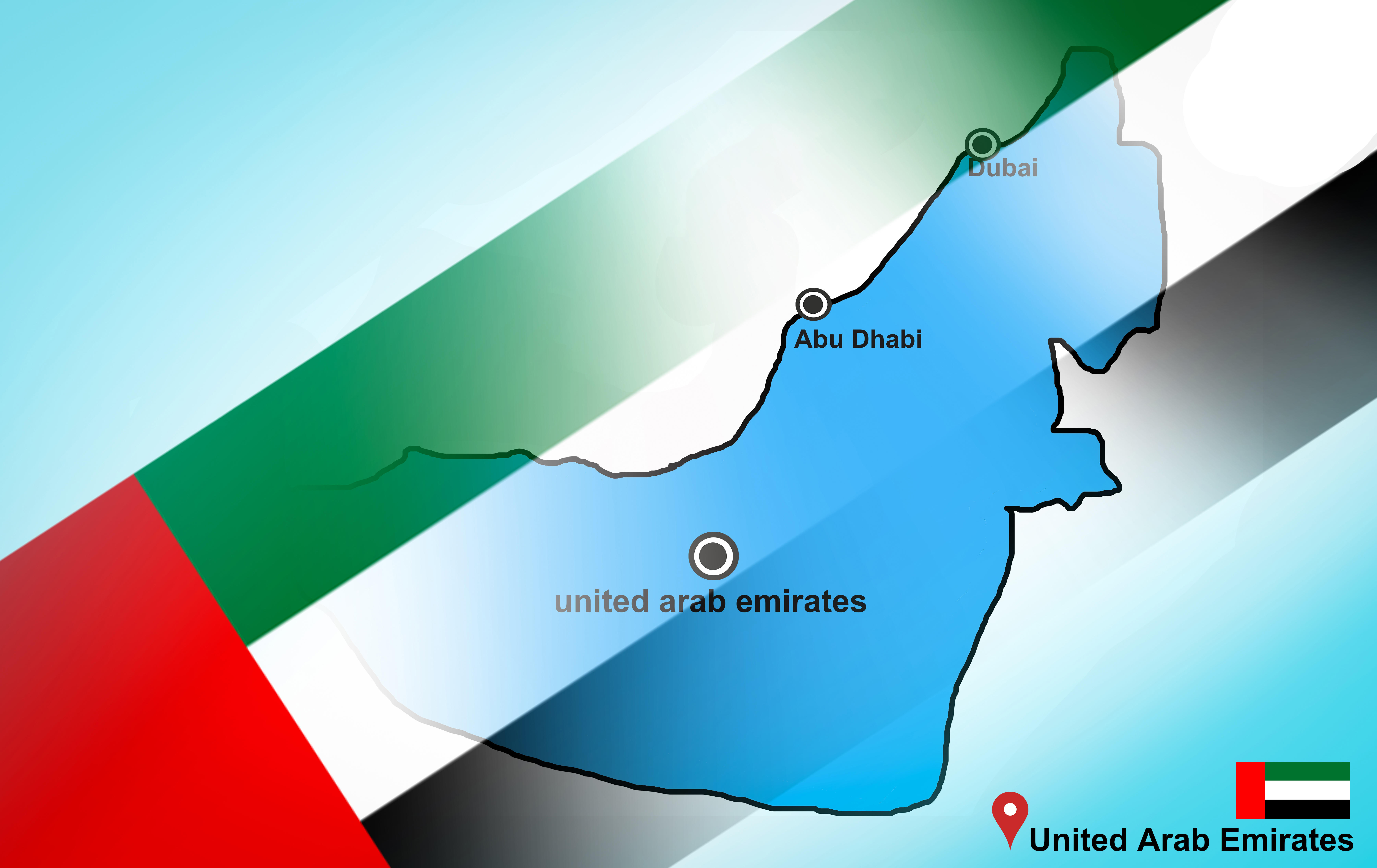The Gulf’s Dizzying Tech Ambitions Present Risk & Opportunity

Cyberattacks know no geographic bounds. Malevolent actors are drawn like proverbial bees to high-value vulnerabilities, wherever in the world they may be. This explains why the oil-flush Persian Gulf region has become one of the globe’s most attacked regions in recent times.
The UAE is the most targeted area in the Middle East when it comes to advanced persistent threats. Russian security firm Kaspersky claims to have worked on 49 investigative reports related to 16 cyber gangs actively targeting the Emirates since the start of the pandemic in 2020.
According to aeCERT, the UAE’s computer emergency response team, there were 123,181 cyberattacks in the country in December 2020 alone. Malware accounted for 62% of attacks, exploits 31%, and phishing for 7%. Local survey results regularly indicate that UAE consumers are concerned for their cybersecurity welfare.
According to the WEF’s “The Global Risks Report 2022,” the risk of cybersecurity failure is ranked among the top five concerns for several small, highly digitalized economies, including the UAE, Denmark, and Japan.
Keep in mind that one of the world’s most infamous ransomware attacks took place in neighboring Saudi Arabia in July 2021 at oil giant Aramco — where the attacker stole company files and demanded a $50 million ransom.
What’s more, the Saudi government has reported an alarming increase in cyberattacks during the tourist-heavy Hajj religious season — more than 2 million attacks took place in one month alone in 2022, according to the kingdom’s deputy minister of Hajj and Umrah.
Digital Nations
Along with its bountiful oil riches and thriving financial centers, the Gulf is home to a young and highly digitized population. The UAE, Saudi Arabia, and Qatar recently topped global rankings for Internet usage — with 100% of their respective populations connected to the Web.
As Gulf countries look to diversify from hydrocarbon revenues toward a more sustainable future, digitization is at the top of the agenda. The six Arab nations of Saudi, UAE, Qatar, Bahrain, Oman, and, less so, Kuwait have all unveiled colossally ambitious plans to become hyperconnected tech economies in the coming years.
Dubai (which is part of the UAE) is already running large parts of its government on the blockchain, while Saudi Arabia’s Central Bank is experimenting with the blockchain and frontier financial-technology sandboxes.
Dubai, in particular, has designs on leapfrogging Western nations to become the global leader in artificial intelligence (AI) by 2031. The boisterous emirate is already a thriving testbed for radical technologies such as flying cars and robot lifeguards. Meanwhile, Saudi Arabia has broken ground on constructing “Neom” — the world’s smartest city. This $500 billion megadistrict will house 1 million people, run on solar power, and utilize robot drivers and AI medics.
The Gulf has serious designs on global tech supremacy — but make no mistake, the region is not naively buccaneering into the world of digitization. Its leaders are equally zealous about cyber resilience and cybersecurity. Their collective shrewdness surrounding security arises from a long-held guardedness surrounding sovereign data (it was only relatively recently that Gulf nations allowed US cloud servers onto their domestic soils).
As such, the Gulf nations are mindful of the need to create effective cyber-resilience frameworks. Like cyber-mature Western nations, they are keen to encourage joined-up cooperation and initiatives between the private sector, government bodies, and the general public.
For example, Dubai and Saudi Arabia have modeled their own cyber centers on the UK’s prestigious National Cyber Security Centre (NCSC) model — with help from British consultants.
The Gulf’s cyber-protection efforts have paid off: In the International Telecommunications Union’s Global Cybersecurity Index 2020 rankings, Saudi Arabia ranked second and UAE fifth out of 194 countries worldwide.
Golden Opportunity for Vendors
In a boon for global cybersecurity companies, the Middle East’s cybersecurity market is projected to be worth $31 billion by 2030 as governments take measures to protect their infrastructure, according to business consultants Frost & Sullivan. The same analysis claims the industry’s value, about $7.5 billion in 2022, will grow at a compound annual growth rate of nearly 20% over the next seven years.
Saudi Arabia is the largest market, with over 60% market share, followed by the UAE. Both countries stand at the forefront of regional cybersecurity, leading the charge in terms of regulation, technological advancement, workforce development, and cyber strategies.
Read More HERE
